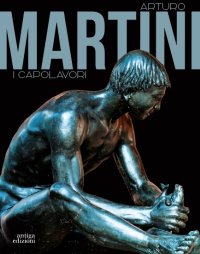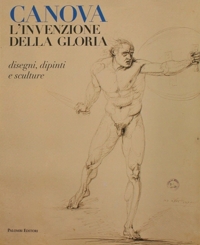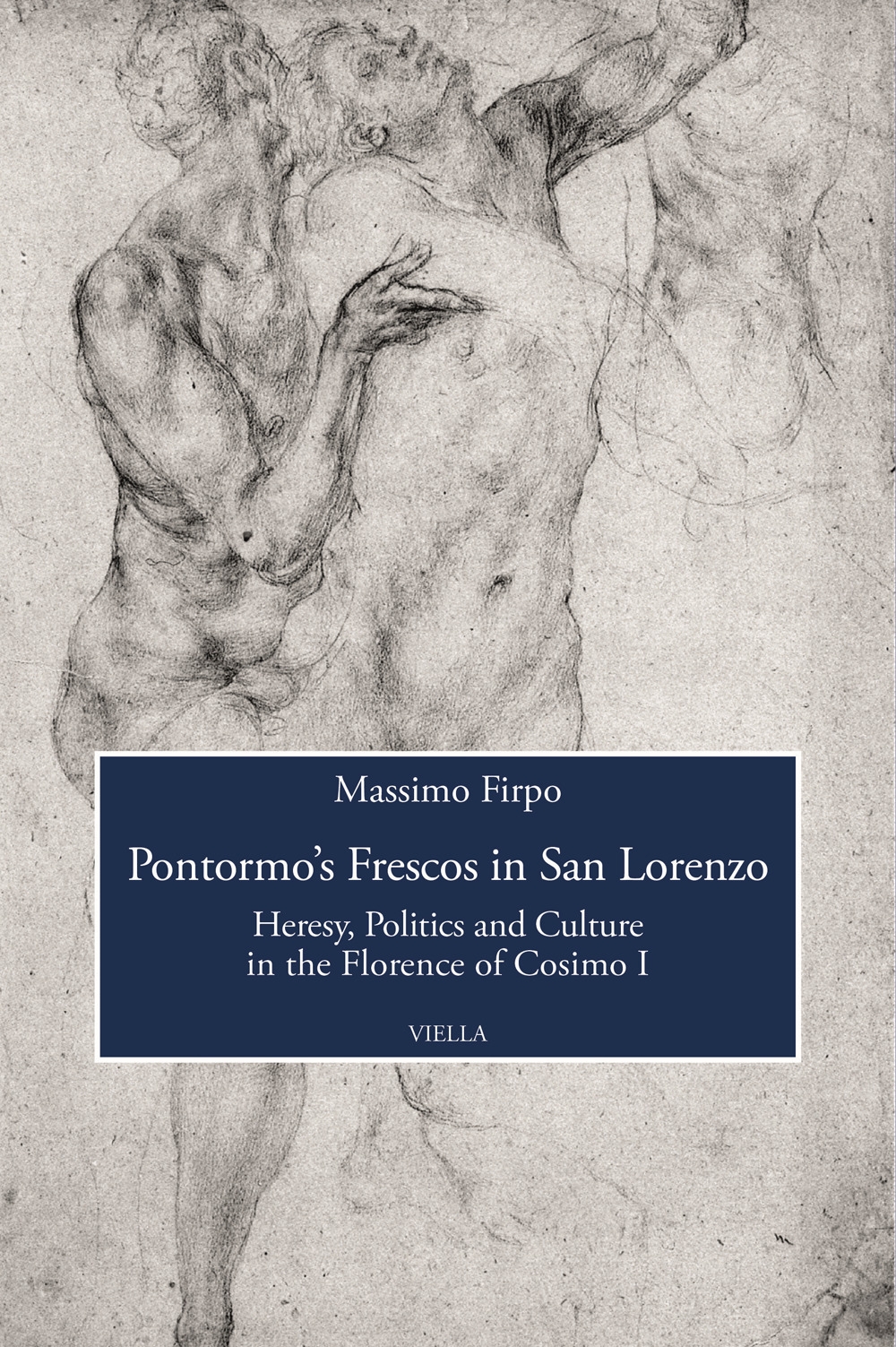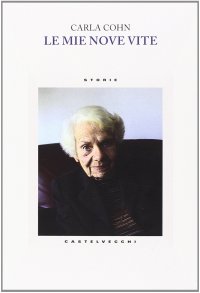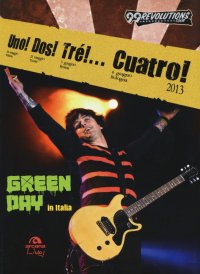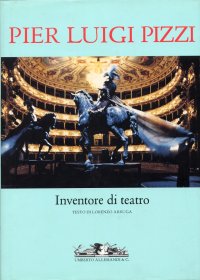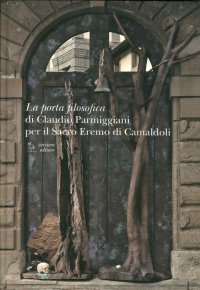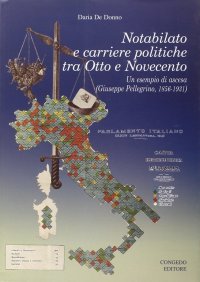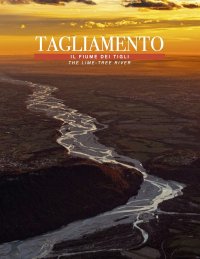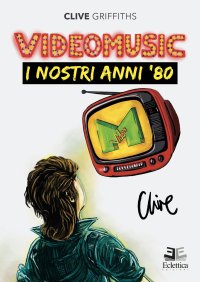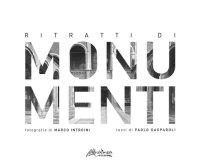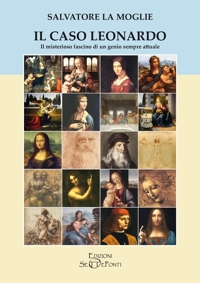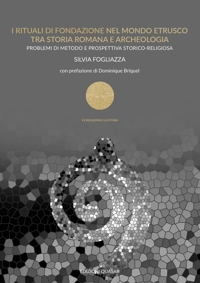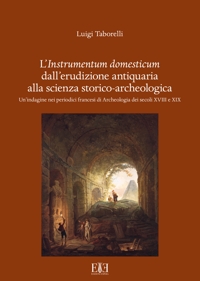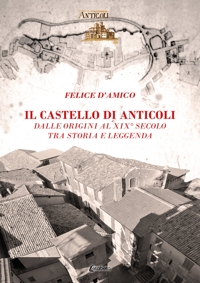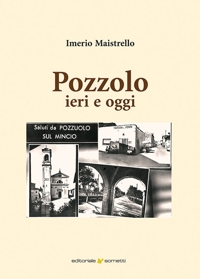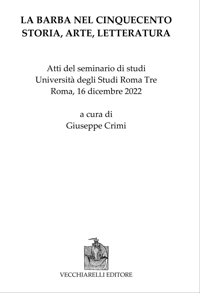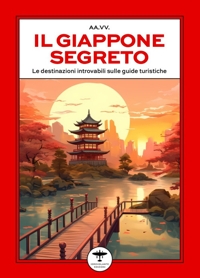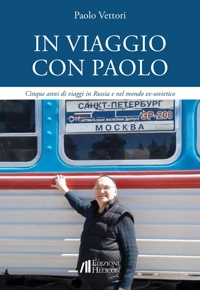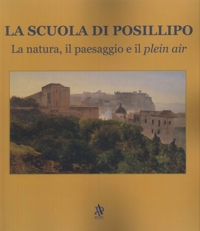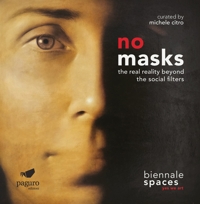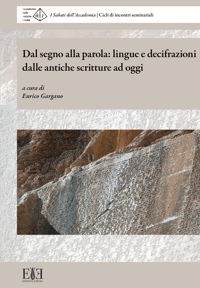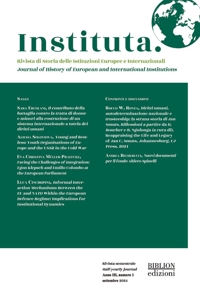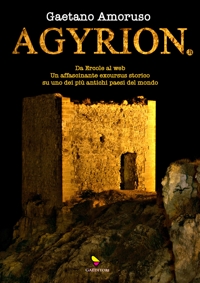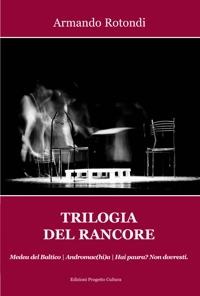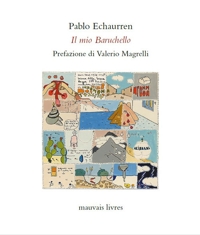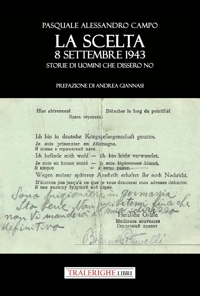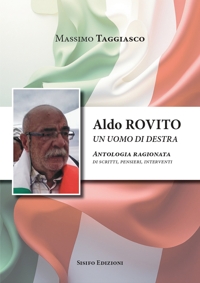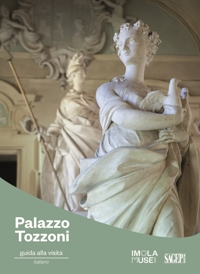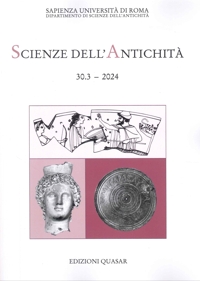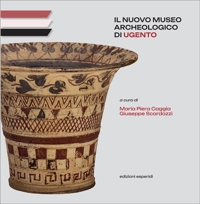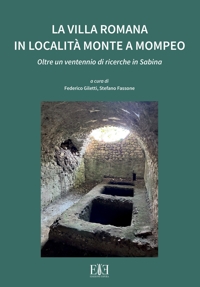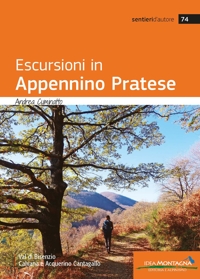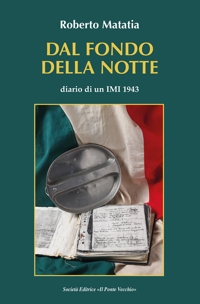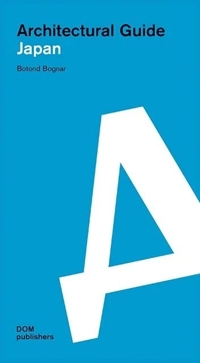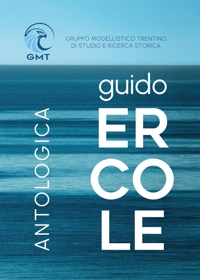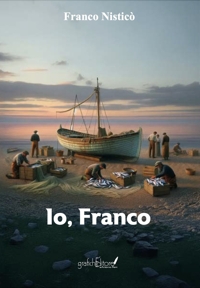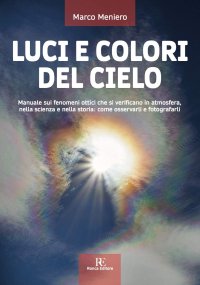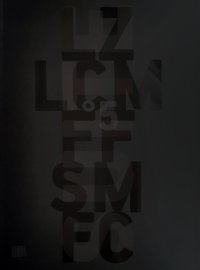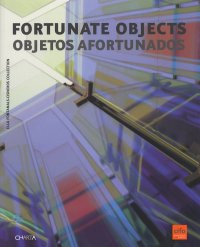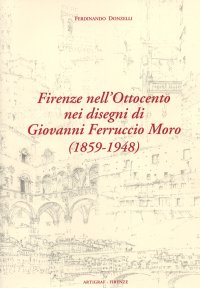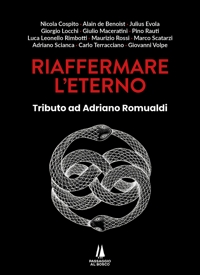Arturo Martini. I capolavori
Treviso, Museo “luigi Bailo”, March 31 - July 30, 2023.
Edited by Stringa Nico and Fabrizio Malachin.
Cornuda, 2023; paperback, pp. 278, col. ill., cm 23x29.
cover price: € 33.00
|
Books included in the offer:
Arturo Martini. I capolavori
Treviso, Museo “luigi Bailo”, March 31 - July 30, 2023.
Edited by Stringa Nico and Fabrizio Malachin.
Cornuda, 2023; paperback, pp. 278, col. ill., cm 23x29.
FREE (cover price: € 33.00)
Studi su Arturo Martini. Per Ofelia
Edited by Matteo Ceriana and Claudia Gian Ferrari.
Milano, Atti del Covegno, 19 maggio 2008.
Milano, 2009; paperback, pp. 136, 97 b/w ill., cm 17x24.
FREE (cover price: € 29.00)
Canova. L'invenzione della gloria. Disegni, dipinti e sculture.
Genova, Palazzo Reale, April 16 - July 24, 2016.
Edited by Giuliana Ericani and Franceasco Leone.
Roma, 2016; paperback, pp. 306, col. ill., col. plates, cm 23x30.
FREE (cover price: € 35.00)
Pontormo's Frescos in San Lorenzo. Heresy, Politics and Culture in the Florence of Cosimo I
Massimo Firpo
Libreria Editrice Viella
Translation by Bates R.
English Text.
Roma, 2021; bound, pp. 532, b/w and col. ill., cm 15,5x23.
(Viella History, Art and Humanities Collection. 9).
series: Viella History, Art and Humanities Collection
ISBN: 88-3313-739-2 - EAN13: 9788833137391
Subject: Essays (Art or Architecture),Monographs (Painting and Drawing),Painting
Period: 1400-1800 (XV-XVIII) Renaissance
Places: Florence,Tuscany
Languages: 
Weight: 1.57 kg
In the choir of the Basilica of San Lorenzo, a truly sacred temple of the Medici dynasty, Pontormo painted a grandiose cycle of frescos between 1545 and 1556, which were then unfortunately destroyed in the mid-18th century. Far earlier, Giorgio Vasari issued a severe judgment on them that lasted into the modern day. His was a dismissal motivated formally by artistic reasons, but it concealed other, more insidious, ideological and religious motivations.
On the basis of drawings, copies, paintings and literary sources, this study reconstructs the design and arrangement of the frescoes, revealing them to have been inspired by a contemporary heterodox text, one that was included in the Index in 1549.
From a dense web of Florentine religious, cultural and political life and its shifts in the middle decades of the century, the political motivations underlying Vasari's commitment to transforming the doctrinal heresy from which those grandiose paintings had drawn inspiration into an artistic heresy emerge. It was a commitment that, after the conclusion of the Council of Trent, risked reflecting upon the new Counter-Reformist structure of Medici power.







